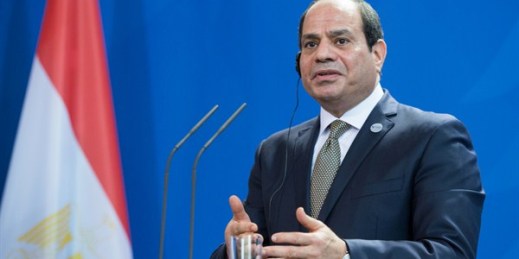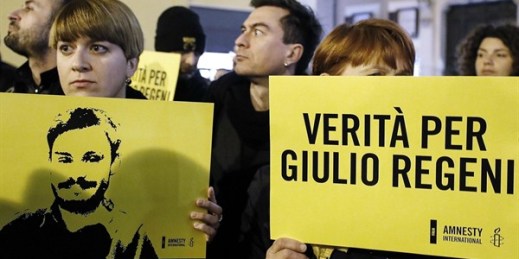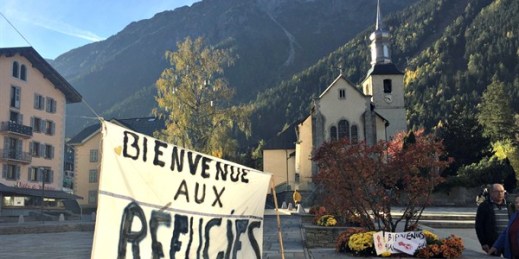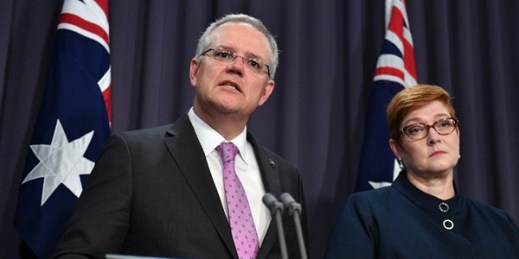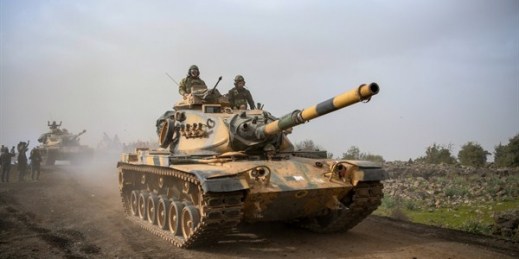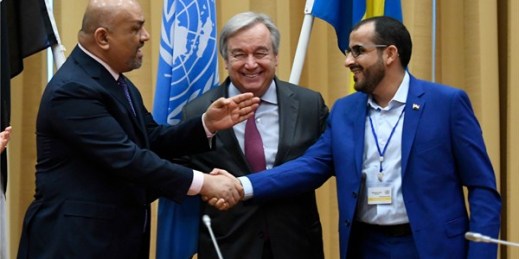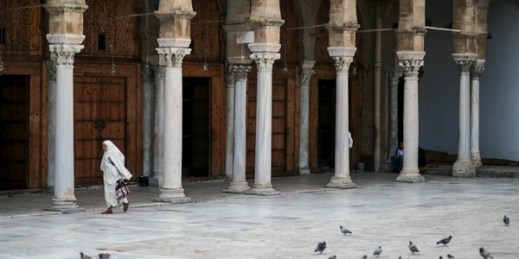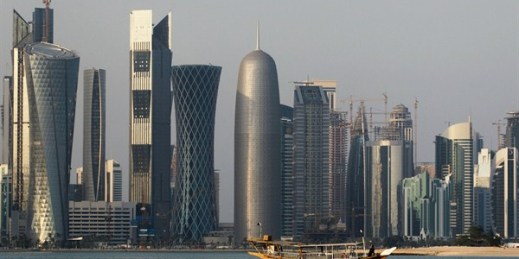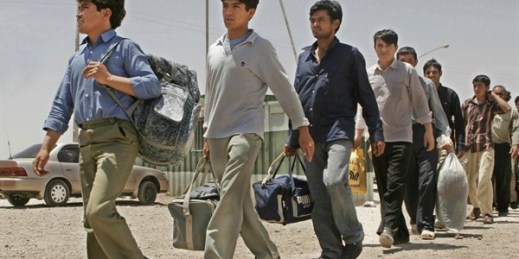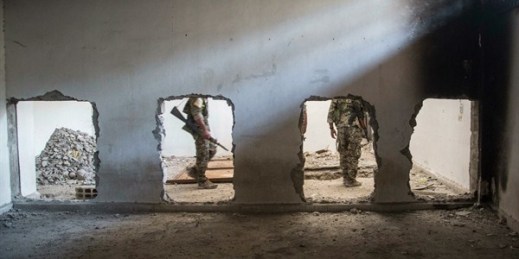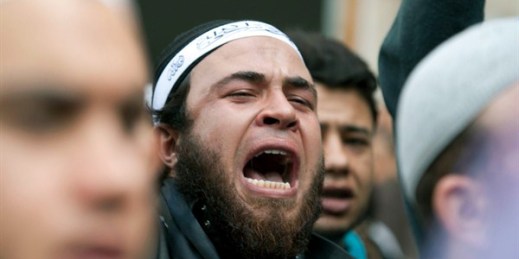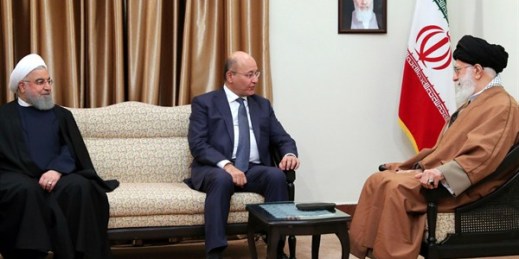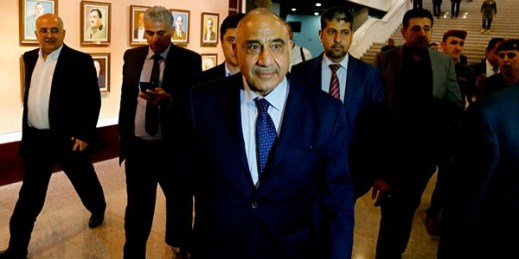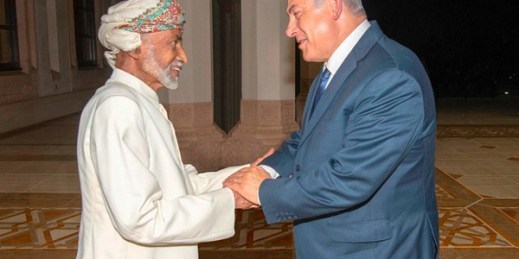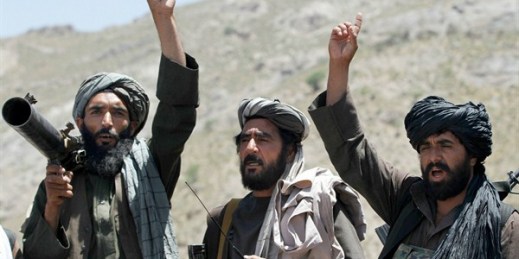
In a special year-end episode of Trend Lines, we look back on 2018 through three of our most popular Report interviews. They take us from the frontlines of the war against Boko Haram in West Africa, to life under a resurgent Taliban in Afghanistan, to Facebook, the new hub for the black-market trade in antiquities from the Middle East. If you like what you hear on Trend Lines and what you’ve read on WPR, you can sign up for our free newsletter to get our uncompromising analysis delivered straight to your inbox. The newsletter offers a free preview article every […]

